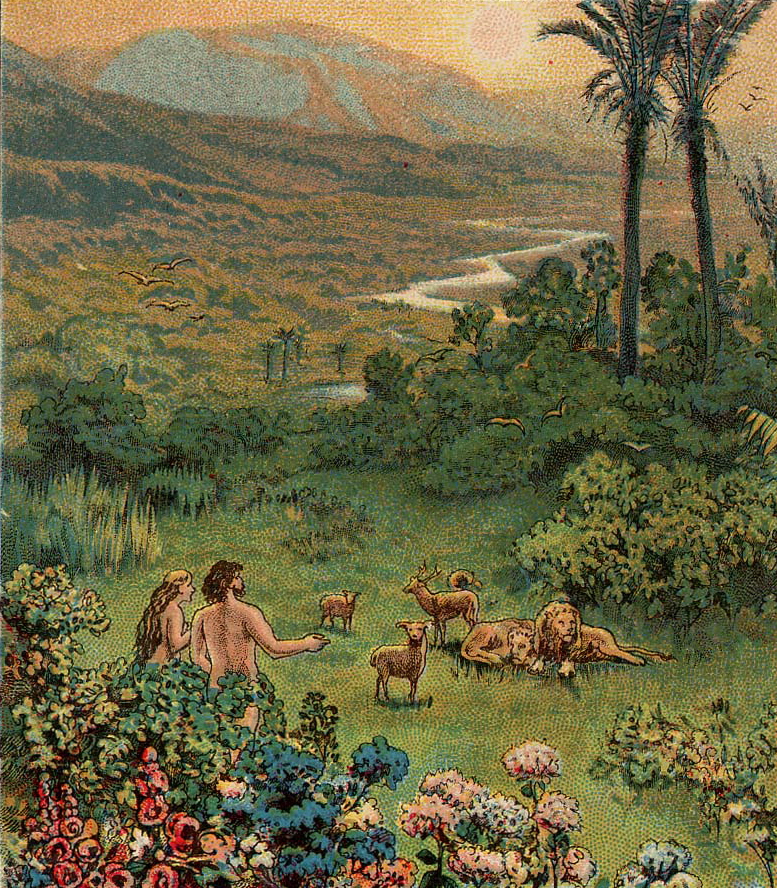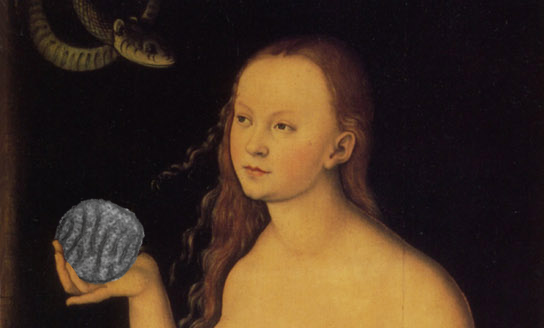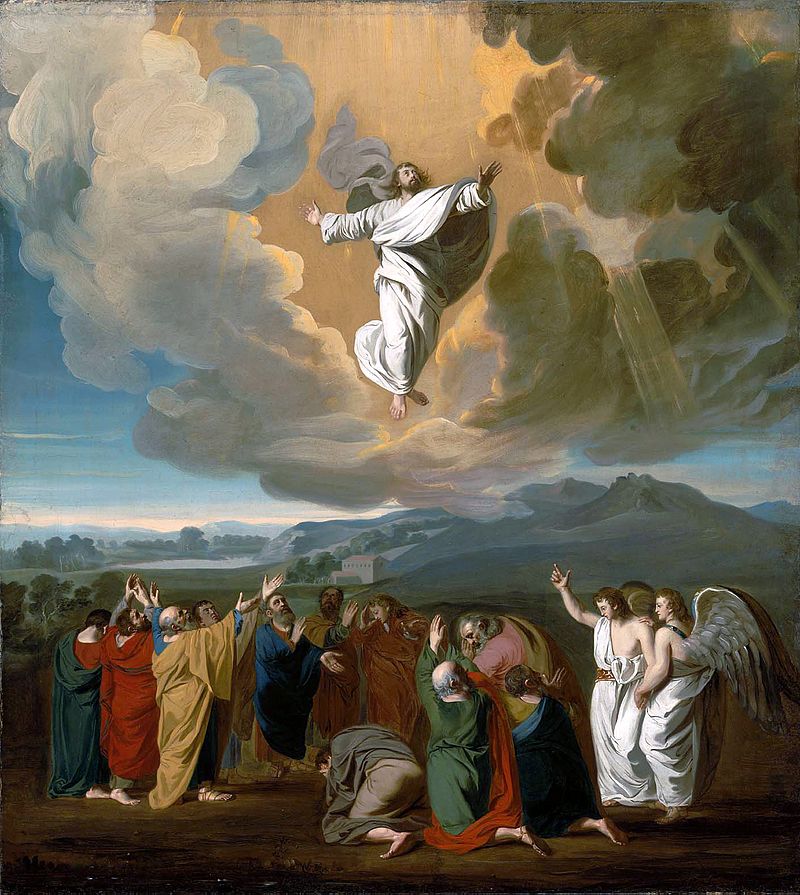The end of January is in sight. How are you doing with your Advent Resolutions? This week we come to the fourth candle of the Advent Wreath. The third blue candle of the Wreath has traditionally represented peace. We find the mention of God’s peace throughout scripture. In the King James Version, the word “peace” is used 311 times in the Old Testament and 109 times in the New Testament.

Between the multitude of meanings of our English word peace and the 400 scriptural references to peace, I came to the immediate conclusion that one posting will not be sufficient to do justice to the concept of peace and our New Year’s Resolution related to the Advent Wreath. In this first peace posting, I will deal with just three phrases that use the word peace. They are “Prince of Peace,” “peace of God,” and “peace with God.” In future postings I will attempt to deal with at least eight more concepts associated with the word “peace.” The majority of those concepts are directly referenced in scriptures, while some are only alluded to in the KJV version and some are even more tangential.
The one and only mention in the KJV of the phrase “Prince of Peace” is from the prophet Isaiah:
5 For every battle of the warrior is with confused noise, and garments rolled in blood; but this shall be with burning and fuel of fire. 6 For unto us a child is born, unto us a son is given: and the government shall be upon his shoulder: and his name shall be called Wonderful, Counsellor, The mighty God, The everlasting Father, The Prince of Peace. 7 Of the increase of his government and peace there shall be no end, upon the throne of David, and upon his kingdom, to order it, and to establish it with judgment and with justice from henceforth even for ever. The zeal of the Lord of hosts will perform this. 8 The Lord sent a word into Jacob, and it hath lighted upon Israel. (Isaiah 9: 5-8, JKV)
This passage is obviously a Messianic reference. It begins with a reference to a warrior and a fierce battle. However, it switches immediately to talk about a baby, that will eventually rule all nations. The Hebrew people held onto this promise for hundreds of years, looking forward to a visit from God in human form, who would save them from their trials and tribulations. They were looking for a savior that would provide peace from human wars and injustice, peace and freedom in their souls from the stress and strains of everyday human life, and the peace of mind that comes from knowledge and the light. When the angels appeared to the shepherds, the shepherds knew the significance of the angels’ message. The Savior, the Prince of Peace, had finally come. They had to go to Bethlehem immediately to see and worship this baby who would be their Messiah and future King.




The phrase “peace of God” is generally associated with the personal peace given to individuals by God to face the turmoils of their daily lives. These storms can be minor or major squabbles within families, churches and work relationships.
The storms can be real storms or calamities that can cause great physical and environment damage as well as inflict real bodily and psychological harm. Remember Hurrican Katrina, miracle of U.S. Air flight 1549 landing on the Hudson river, and the Fukushima earthquake, tsunami and nuclear power plant disaster,



How can some people survive such terrible disasters while others do not? The world usually attributes it to “Luck.” The world says “Some people are in the wrong place at the wrong time, while others are in the right place at the wrong time.” God’s answer is found in Psalm 29.
1 Give unto the Lord, O ye mighty, give unto the Lord glory and strength. 2 Give unto the Lord the glory due unto his name; worship the Lord in the beauty of holiness. 3 The voice of the Lord is upon the waters: the God of glory thundereth: the Lord is upon many waters. 4 The voice of the Lord is powerful; the voice of the Lord is full of majesty. 5 The voice of the Lord breaketh the cedars; yea, the Lord breaketh the cedars of Lebanon. 6 He maketh them also to skip like a calf; Lebanon and Sirion like a young unicorn. 7 The voice of the Lord divideth the flames of fire. 8 The voice of the Lord shaketh the wilderness; the Lord shaketh the wilderness of Kadesh. 9 The voice of the Lord maketh the hinds to calve, and discovereth the forests: and in his temple doth every one speak of his glory. 10 The Lord sitteth upon the flood; yea, the Lord sitteth King for ever. 11 The Lord will give strength unto his people; the Lord will bless his people with peace. (Psalm 29: 1 – 11, JKV)
What can we give a God who owns everything? The word translated “give” in the first two verses of Psalm 29 is actually the Hebrew word yahab (יָהַב) which is translated “ascribe” ( which means to accredit or impute) in other places. Thus this verse is telling us to acknowledge God as all-powerful and the most glorious. In verse 3, this all powerful God speaks out of the midst of the storm. We should be able to hear it if we are listening. If we do listen and obey Him, then He will give us strength to weather the storm and bless us with peace. God will place us in the center of His Peace, a place of rest and spiritual well-being. This is the peace of God. Paul reminds us that “… the peace of God, which passeth all understanding, shall keep your hearts and minds through Christ Jesus.” (Philippians 4:7, KJV)
Paul also provides us the completest treatise on the concept of peace with God in Romans, chapter 5.
1Therefore being justified by faith, we have peace with God through our Lord Jesus Christ: 2 By whom also we have access by faith into this grace wherein we stand, and rejoice in hope of the glory of God. 3 And not only so, but we glory in tribulations also: knowing that tribulation worketh patience; 4 And patience, experience; and experience, hope: 5 And hope maketh not ashamed; because the love of God is shed abroad in our hearts by the Holy Ghost which is given unto us. 6 For when we were yet without strength, in due time Christ died for the ungodly. 7 For scarcely for a righteous man will one die: yet peradventure for a good man some would even dare to die. 8 But God commendeth his love toward us, in that, while we were yet sinners, Christ died for us. 9 Much more then, being now justified by his blood, we shall be saved from wrath through him. 10 For if, when we were enemies, we were reconciled to God by the death of his Son, much more, being reconciled, we shall be saved by his life. 11 And not only so, but we also joy in God through our Lord Jesus Christ, by whom we have now received the atonement. 12 Wherefore, as by one man sin entered into the world, and death by sin; and so death passed upon all men, for that all have sinned: 13 (For until the law sin was in the world: but sin is not imputed when there is no law. 14 Nevertheless death reigned from Adam to Moses, even over them that had not sinned after the similitude of Adam’s transgression, who is the figure of him that was to come. 15 But not as the offence, so also is the free gift. For if through the offence of one many be dead, much more the grace of God, and the gift by grace, which is by one man, Jesus Christ, hath abounded unto many. 16 And not as it was by one that sinned, so is the gift: for the judgment was by one to condemnation, but the free gift is of many offences unto justification. (Romans 5: 1 – 16, KJV)
In verse 1, Paul tells us that we can obtain peace with God through Christ. In verse 2, we see that we have access to peace with God through faith by God’s grace. This peace has at least five different aspects. Verse 9 details our justification by Christ’s blood and thereby saved from His wrath. Verse 10 speaks to our reconciliation with God by Christ’s death and salvation through His life. Verse 11 encourages us to rejoice in God’s atonement through Jesus Christ. Verses 12 through 16 is a delineation of God’s free gift through Christ which is an escape from God’s judgment to condemnation.
In John 14, just prior to his crucifixion, Jesus spoke with His disciples about what He was leaving them. 26 But the Comforter, which is the Holy Ghost, whom the Father will send in my name, he shall teach you all things, and bring all things to your remembrance, whatsoever I have said unto you. 27 Peace I leave with you, my peace I give unto you: not as the world giveth, give I unto you. Let not your heart be troubled, neither let it be afraid. (John 14: 26 & 27, KJV)
How are you doing with your Advent Wreath resolutions? Have you made the Prince of Peace the King of your life? Are you living in the peace of God? Have you made your peace with God?














